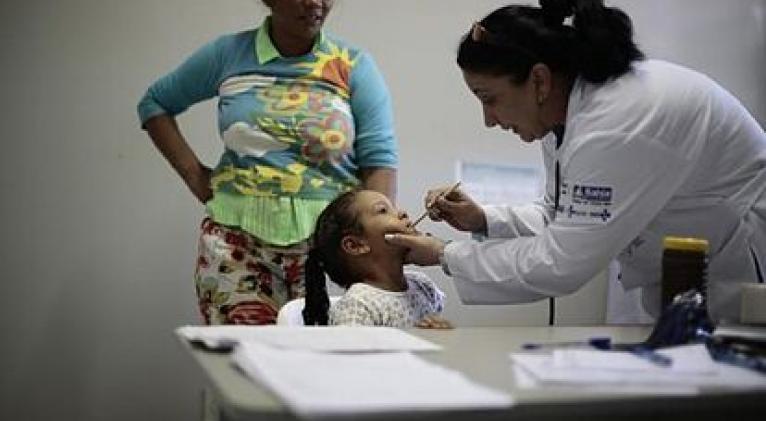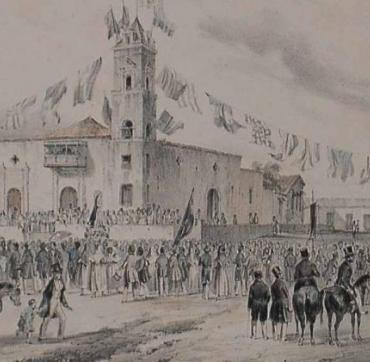Cuba in Mais Medicos, a review nine years later
especiales

The Mais Medicos program for Brazil was launched on July 8th, 2013 by Dilma Rousseff and Alexandre Padilha, President and Minister of Health in Brazil, respectively, back then. The program aimed at guaranteeing medical health assistance to as many Brazilians as possible, in correspondence with the universal health coverage promoted by the World Health Organization.
This program foresaw the involvement of both Brazilian and Cuban doctors to serve people living in poor and remote areas. Cuba joined immediately, in August of that year. Thanks to international cooperation, over 700 municipalities of that nation were cared by a doctor for the first time, according to the Brazilian Association of Municipalities, in November 2018.
By 2014, Brazil was, after Venezuela, the second nation in the world with the largest presence of Cuban doctors. In the context of Cuba’s withdrawal from the agreement, the Minister of Health, José A. Portal Miranda, told the press that in the span of five years that Cuba was involved in the Mais Medicos Program, its professional brigade carried out over 100,000 medical consultations. In over 1,000 municipalities, the health personnel of the Program were the one that guaranteed basic medical assistance there. No doubts, it had great impact.
The involvement of Cuba in the Program was crucial as it represented the 80% of this. The Pan American Health Organization (PAHO) served as mediator and Cuban doctors essentially worked where local doctors and others from other nations, did not go. Brazilian authorities at federal, state, and municipal level recognized several times the work done by Cuban health professionals in places facing extreme poverty; namely, in favelas in Rio de Janeiro, Sao Paolo, Salvador de Bahia as well as other 34 Special Indigenous Health Districts, especially in the Amazon.
Ricardo Barros, who held the Brazilian Ministry of Health (May 2016 - April 2018), commented in 2017 that patients preferred Cuban doctors and explained before the Municipal Chamber of Curitiba, state of Paraná, that “Cubans are available to the population the whole day. They work from eight in the morning to six in the afternoon, including Saturday and Sunday, and that is the differentiated treatment that makes Mais Medicos' approval rate 95 percent." He was referring to the percentage acceptance of the Program, according to a study commissioned by the Brazilian Ministry of Health to the Federal University of Minas Gerais.
On September 27th, 2016, the Cuban Ministry of Health, close to the expiration date of the agreement and in the midst of the events surrounding the judicial legislative coup against former President Rousseff, declared that Cuba would continue to be part of the agreement with PAHO, as long as the guarantees offered by the local authorities were maintained, which was respected until the establishment of the Jair Bolsonaro’s government.
However, as is well known, following his rise to power, the hard right wing questioned and attacked the involvement of the Island. Bolsonaro did not want more Cuban doctors for Brazil. The medical collaboration brigade of Cuba returned its dignity to our homeland.
Translated by Sergio A. Paneque Díaz / CubaSí Translation Staff














Add new comment